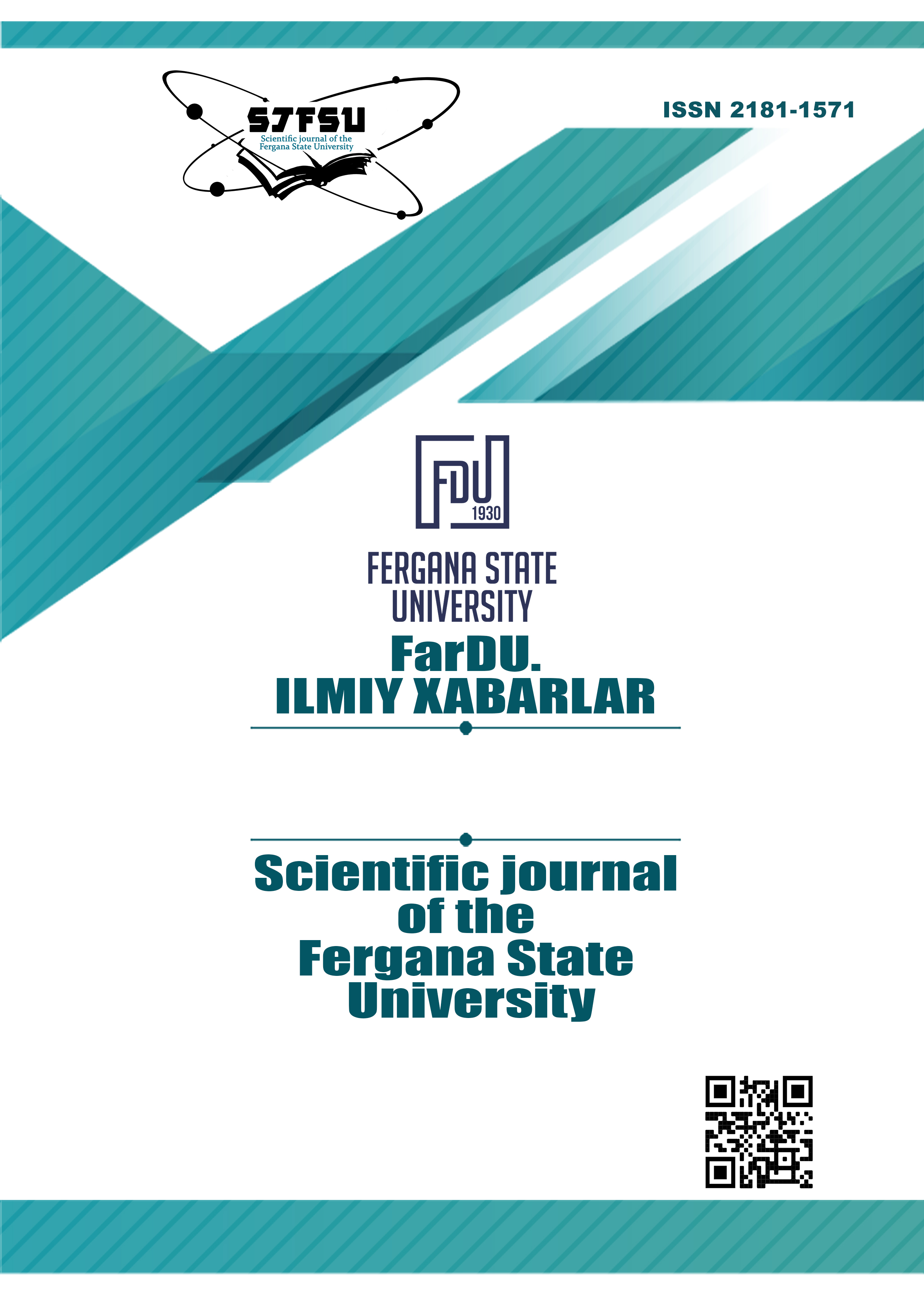COMPARATIVE COMPOUND SENTENCES WITHOUT CONJUNCTION IN THE CLASSIFICATION OF COMPOSITE SENTENCES
Keywords:
Comparative meaning, composite sentence, compound sentence without conjunction, semicolon, contradiction, inconsistency.Abstract
The article gives information on the type of composite sentences with the meaning comparison in the Uzbek and English languages. This type of sentence is connected by tone using comma and is given as separate type of composite sentence in the Uzbek language. Whereas it is connected by semicolon and is generally referred as compound sentence in the English language. In this the first predicate is inconsistent with the second. This leads to the understanding of the meanings of contradiction and inconsistency between compound sentences without expressing comparative relation in languages. This type of sentence occurs mainly in the example of proverbs.
References
Abdurakhimov G. “Qo‘shma gap sintaksisi asoslari”. – Tashkent,1958.-P.244-280 (Abdurakhimov G. "Fundamentals of compound sentence syntax". - Tashkent, 1958. - P. 244-280)
Berdialiev A, Sheronov B. “O‘zbek tili sintaksisi”.-Khujand, 2010.-P.180-190 (Berdialiev A, Sheronov B. "Syntax of the Uzbek language".-Khujand, 2010.-P.180-190)
Harring P. Complete English grammar rules. UK.-2016
Macmillin English Dictionary.Bloomsboory publishing,2007.-IW40
Mamajonov A. “Qo‘shma gap stilistikasi”.-Tashkent:”Fan”,1990.-P.110 (Mamajonov A. "Compound sentence stylistics".-Tashkent: "Fan", 1990.-P.110)
Rasulov I. Selected works.Tom II.-Tashkent:”Mumtoz so‘z”, 2015.P.79-80
Downloads
Published
Issue
Section
License
Copyright (c) 2023 Scientific journal of the Fergana State University

This work is licensed under a Creative Commons Attribution-NonCommercial-NoDerivatives 4.0 International License.

